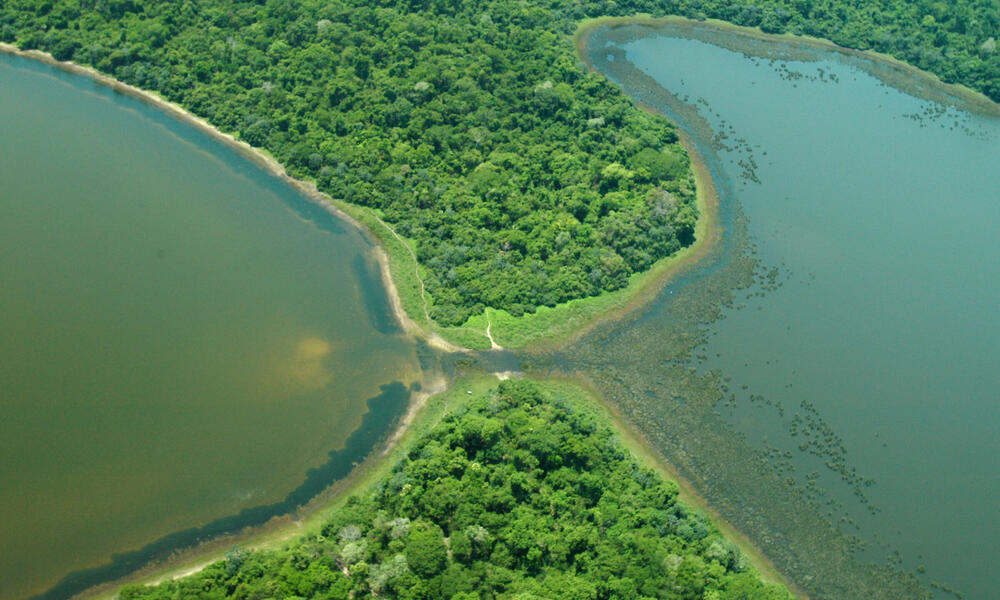A wetland under threat
Currently, the Pantanal remains relatively intact. However, a growing number of environmental pressures, ranging from unsustainable infrastructure development to untreated waste pollution, threaten to destabilize the regional ecosystem and the benefits it provides people and wildlife. Deforestation in the Pantanal is increasing, with more than 12% of the forest cover already lost. At the current rate, the Pantanal’s native vegetation will disappear by 2050 if no measures are taken to combat this trend.
Inadequate planning of development by any of the three countries has the potential to negatively impact not only the region's lucrative economy and the well-being of its inhabitants, but also the stability of the world’s fifth-largest basin, the Rio de la Plata, where the Pantanal is located.
What steps are being taken to help save the Pantanal
Recognizing the global importance of the Pantanal and the scale of the challenges it faces, Bolivia, Brazil, and Paraguay are participating in a transboundary effort called the Trinational Initiative for the Integrated and Sustainable Development of the Pantanal to conserve and sustainably develop the world’s largest tropical wetland. WWF praises and supports this initiative, for which we draw on the expertise of the field offices in all three countries and more than 15 years of experience working in the Pantanal. The initiative is an unprecedented step towards ensuring the conservation of the Pantanal’s 42 million acres, by developing solutions to the growing threats to this magnificent wetland of international importance.
On March 22, 2018 this initiative scored a major win at a high-level session at the 8th World Water Forum, where representatives from Bolivia, Brazil, and Paraguay signed a landmark tri-national declaration for the conservation and sustainable development of the Pantanal. With this declaration, the three countries agree to work together to implement actions that will reduce pollution, strengthen water governance, mitigate climate change, and expand scientific knowledge on the Pantanal, while protecting the rights of indigenous peoples.
Learn more about the Pantanal
